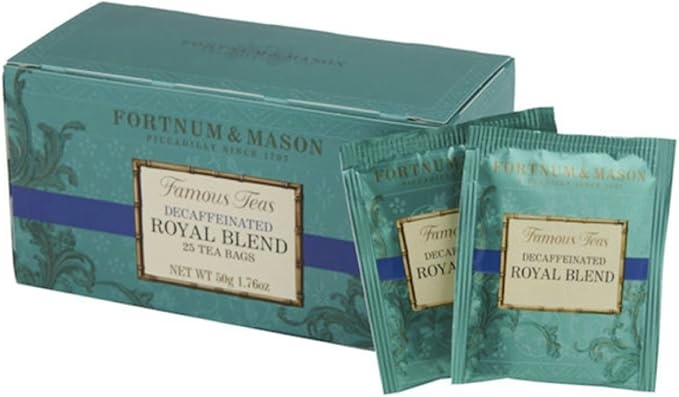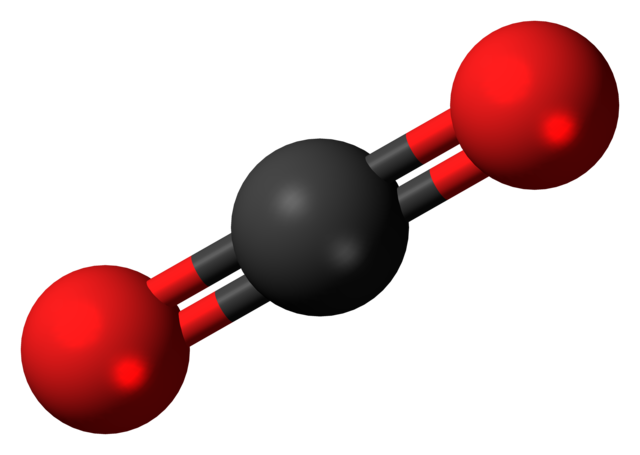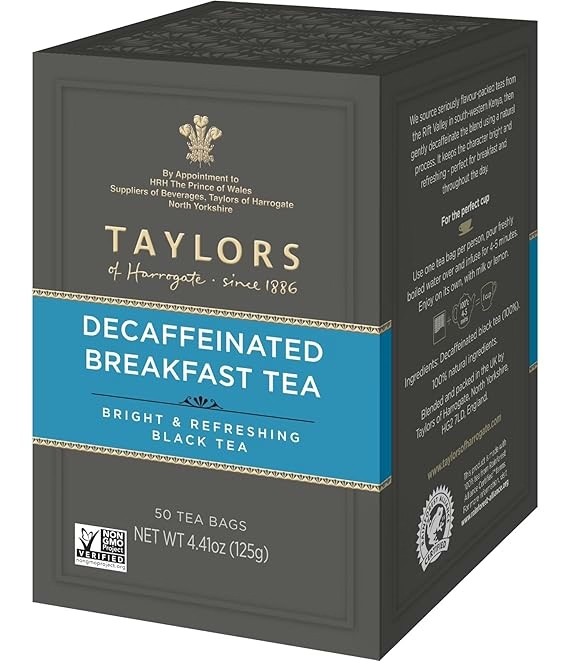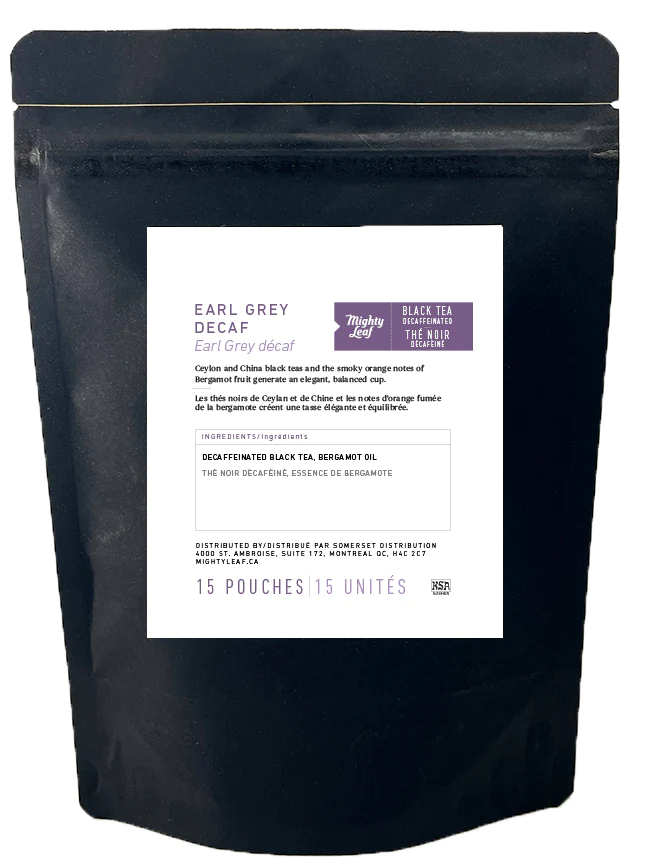Royal Blend Decaffeinated
★★★★☆

Your spot for a great decaf cuppa, with information, reviews, and more

Carbon Dioxide, or CO₂, decaffeination is recognized by the FDA as safe, provided that it is suitably pure and used as part of good manufacturing process (https://www.accessdata.fda.gov/scripts/cdrh/cfdocs/cfcfr/CFRSearch.cfm?fr=184.1240).
Health Canada's food safety regulations for extraction solvents also has "Good Manufacturing Practice" as the only consideration for decaffeinating tea leaves with Carbon Dioxide.
From Harney & Sons:
The Carbon Dioxide (CO2) Tea Decaffeination Method, is how we decaffeinate our loose teas. Choosing to use this process ensures that we don’t lose the flavors and health benefits you love in our caffeinated teas when we remove the caffeine. When put through this process, our tea leaves are placed with naturally occurring gas, CO2, at a high pressure and high temperature. The carbon dioxide reaches a “super-critical state” where CO2 becomes almost a liquid solvent, and it attracts the caffeine molecules and removes them from the tea. Since flavor molecules are larger than caffeine molecules, they remain intact so the flavor of tea remains the same.
From Celestial Seasonings:
Our gentle decaffeination process uses CO₂, a naturally occurring gas, instead of synthetically-produced solvents.
Carbon Dioxide-decaffeinated teas are definitely passable. Their steep tends not to be as strong as Methylene Chloride, but they are a safer bet for anyone worried about residual solvent being present in their tea after being decaffeinated with a solvent-based method.
★★★★☆

★★★½☆

★★★☆☆

★★★☆☆

★★★½☆
